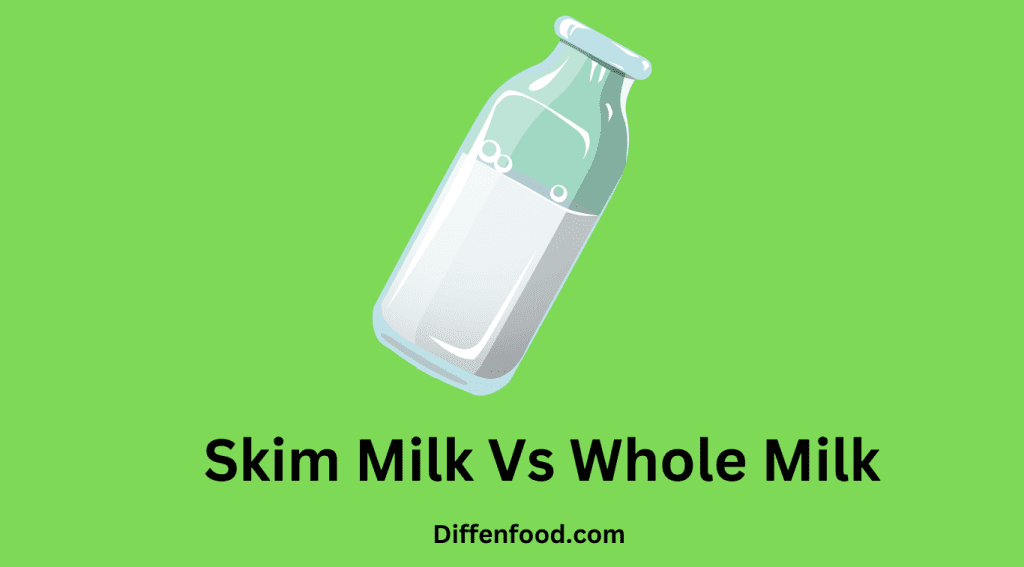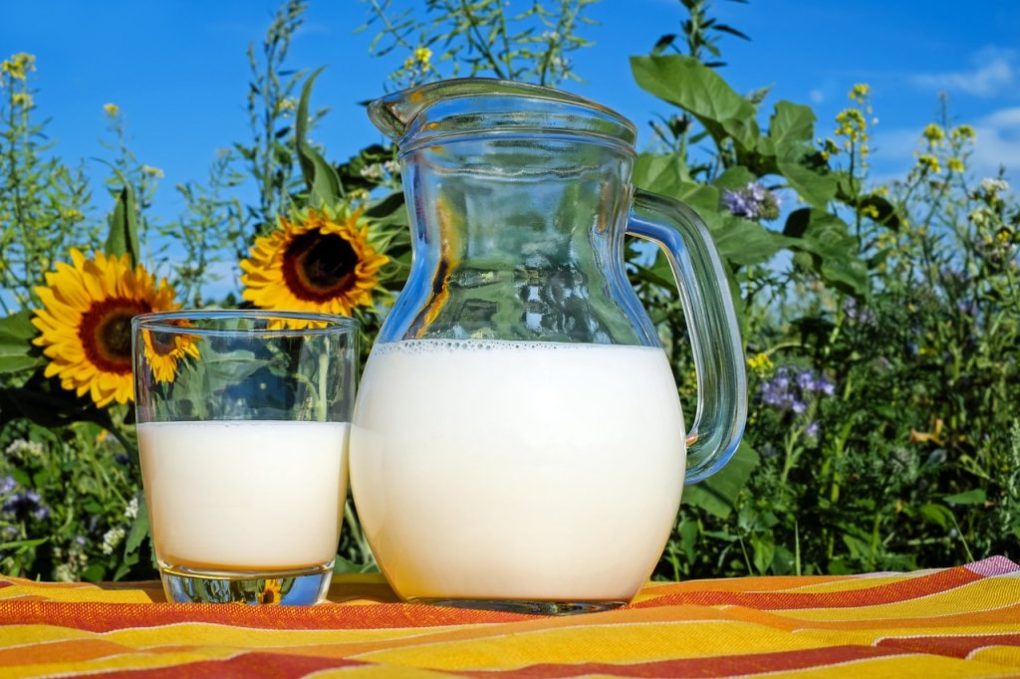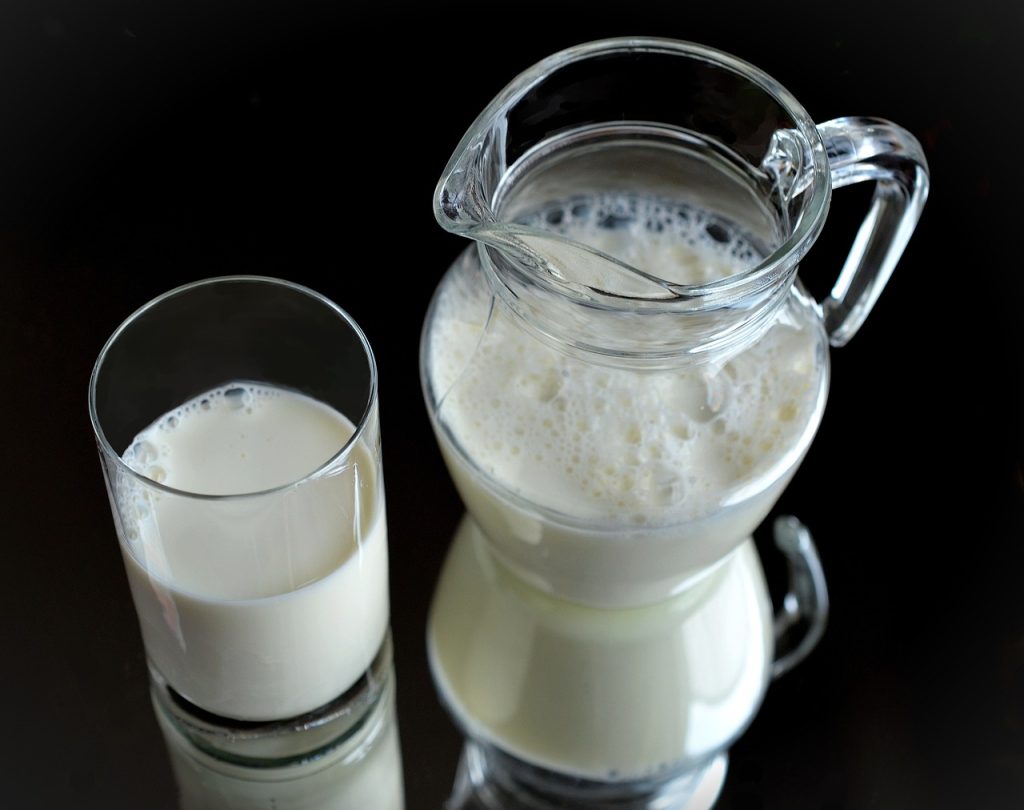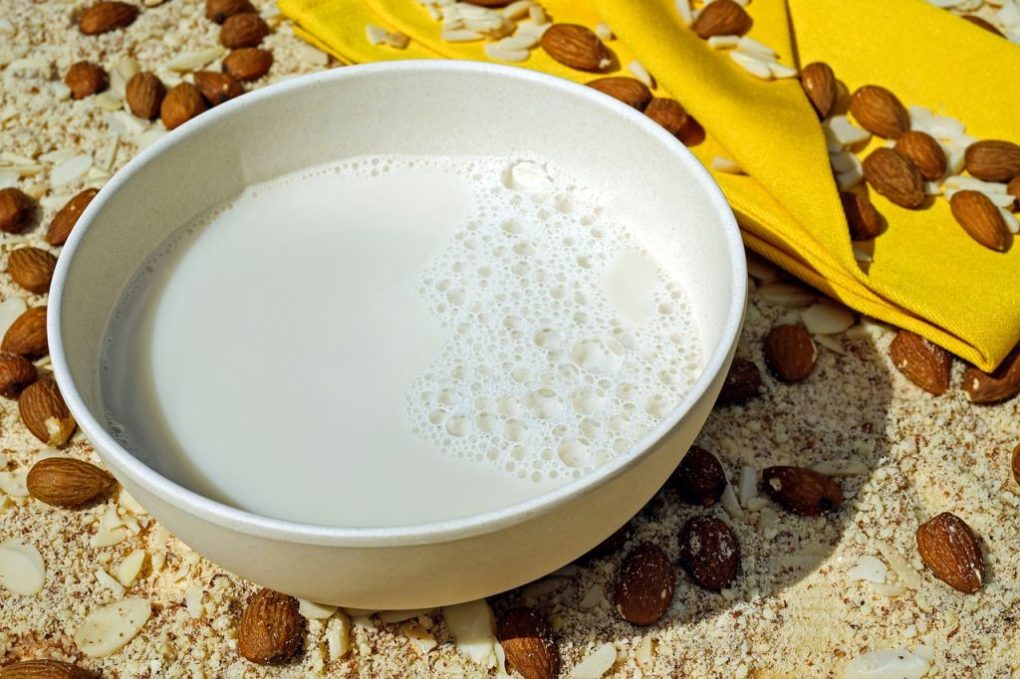
Milk is one of the most widely consumed beverages in the world. It is a rich source of essential nutrients such as calcium, protein, and vitamin D. However, when it comes to milk, there are several varieties available in the market, including Skim milk vs whole milk.
In this article, we will explore the differences between skim milk and whole milk and help you decide which one is better for you.
What is Skimmed Milk

Skimmed milk, also known as skim milk or nonfat milk, is a type of milk that has had all of the cream and fat removed. This results in a milk with a fat content of less than 0.5%. Skimmed milk is a popular choice for those who want to reduce their calorie and fat intake, while still getting the essential nutrients that milk provides. It is often fortified with vitamins A and D to make up for the loss of these nutrients during the fat removal process. Despite the lower fat content, skimmed milk is still a good source of protein, calcium, and other essential vitamins and minerals. This makes it a great choice for cooking, baking, and as a substitute for whole milk in various recipes.
What is Whole Milk
Whole milk is a type of dairy milk that has not had any of the cream or fat removed, resulting in a milk with a fat content of around 3-4%. This makes it a richer and creamier option compared to skimmed or low-fat milk. Whole milk is a good source of calcium, vitamin D, and other essential vitamins and minerals. It is a popular choice for those who are looking to maintain a healthy weight, as well as for children who require the extra nutrients for their growth and development. Whole milk is often used in cooking and baking, and can also be consumed on its own or as a part of a nutritious breakfast.
Skim Milk Vs Whole Milk: Main Difference

When it comes to choosing between skim milk and whole milk, there are several differences to consider. From nutrition facts to calories, understanding the differences between these two types of milk can help you make an informed decision about which one is right for you.
Skim Milk Vs Whole Milk: Nutrition Facts
The primary difference between skim milk and whole milk is the fat content. Skim milk has had all of the cream and fat removed, resulting in a milk with less than 0.5% fat. In contrast, whole milk has not had any of the fat removed, resulting in a milk with a fat content of around 3-4%.
Due to the fat content difference, whole milk has more calories per serving than skim milk. However, whole milk is also richer in nutrients like calcium and vitamin D. Skim milk is often fortified with these vitamins to make up for the loss of nutrients during the fat removal process.
Skim Milk Vs Whole Milk: Calories
For those who are looking to maintain a healthy weight, skim milk may be a better choice than whole milk. Skim milk has fewer calories per serving than whole milk, making it a good option for those who are watching their calorie intake. A cup of skim milk contains around 83 calories, while a cup of whole milk contains around 150 calories.
Skim Milk Vs Whole Milk: Who is it for?

Skim milk is a great choice for those who are looking to reduce their calorie and fat intake, while still getting the essential nutrients that milk provides. It is also a good choice for those who are lactose intolerant or have trouble digesting dairy products.
Whole milk is often recommended for children, as they require the extra nutrients for their growth and development. It is also a good choice for those who are looking to gain weight or maintain their weight, as the higher fat content can provide additional calories.
Conclusion
Both skim milk and whole milk have their own set of nutritional benefits. While whole milk is richer in nutrients such as vitamin D and calcium, skim milk is lower in calories and fat. Ultimately, the choice between skim milk and whole milk depends on your personal preferences and health goals. Regardless of which type of milk you choose, it is important to include milk as part of a balanced and healthy diet.


